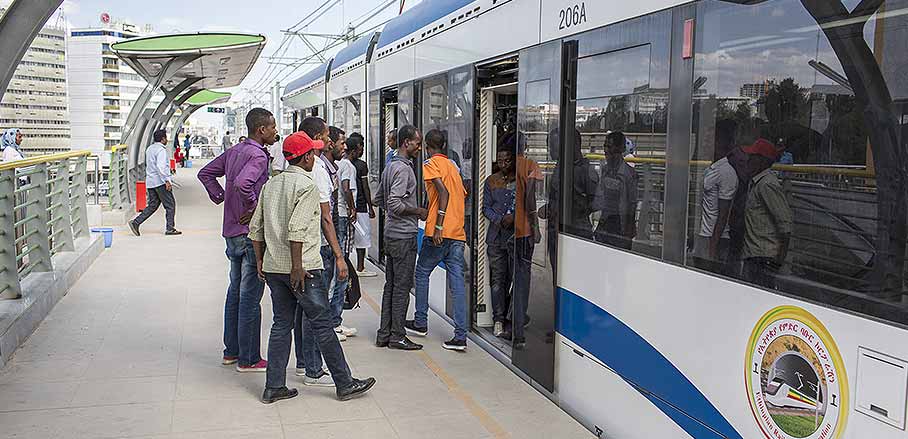Towards a Global Transition in Urban Transport Concepts
The globally experienced trend of rapid urbanisation is accompanied by a growing volume of traffic and air pollution, as well as an increase in resource and energy consumption in cities. As a consequence, the need for sustainable and integrated urban mobility solutions is growing. Mobility contributes to the quality of life in cities, and is a precondition for not only economic growth and trade but also creativity and wellbeing. It determines how the city is used and experienced. Mobility also creates access to opportunities and advancement for individuals and communities alike. Liveable cities are mobile cities, therefore it is essential to develop functional, innovative and sustainable urban mobility systems.
The goal is clear: protect cities from a transport crunch and set them on a new path towards sustainable mobility in the face of climate change and urbanisation. Hence, a global paradigm shift with regards to transport is required, so that instead of becoming ungovernable and inhumane centres cities actually benefit from the advantages their compact spaces provide.
Thus, concepts of urban mobility need to be rethought, planned and implemented in a more sustainable, inclusive and integrated manner than has been the case until now. Transport policy is a key component of progressive city development precisely because it combines many factors that make a city liveable.
To achieve this global paradigm shift together with its partner countries and cities, the German Development Cooperation follows three main principles:
- linking urban and transportation planning;
- putting people first; and
- strengthening cities and governments as development actors.
